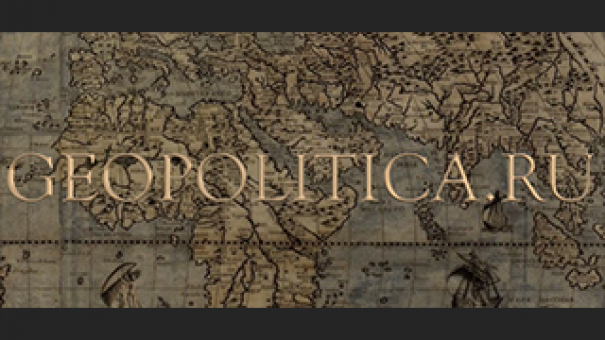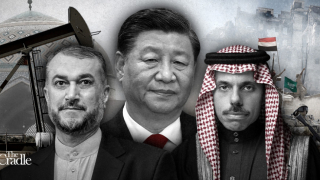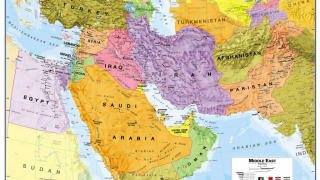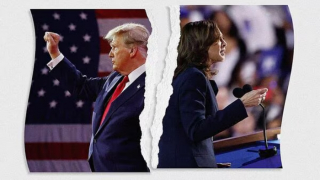See also
18.11.2024
Today, the world stands at a crossroads—a dangerous yet transformative moment—marked by the collapse of traditional power structures and the...
03.11.2016
Sergei Rudskoy, Russian General Staff said that US-led coalition airstrikes on populated areas near Mosul, leading to casualties among civilians and...
20.03.2017
Iranian President Hassan Rouhani felicitated the Iranian nation on the advent of Nowruz, the start of the New Persian Year, and underlined the...
20.11.2024
The United States supplies virtually all of the weapons and ammunition as well as satellite intelligence to guide the bombers and the gunmen, and...
18.10.2016
The German economist, the former head of the European Central Bank (ECB), the founding father of the euro Otmar Issing warned that the ECB has grown...
09.04.2023
The idea that History has an endpoint, as promoted by clueless neoconservatives in the unipolar 1990s, is flawed, as it is in an endless process of...
14.11.2016
Iran is going to buy Russian weapons of various kinds, among which there are T-90 battle tanks, artillery systems, aircraft and helicopters. In total...
30.10.2019
On September 14, 2019, two major oil processing facilities of the Kingdom of Saudi Arabia (KSA) were hit by multiple drones and missiles. The oil...
06.10.2022
In the structure of the modern Western world, wars currently no longer serve the purpose of settling scores between two countries, moved by the...
16.10.2024
As you know, “whoever pays, dances the girl,” and this is no exception for the US political system. Certain forces are interested in the victory of...
14.11.2016
Telephone lines of American psychological assistance services (aimed to prevent suicides) have recorded a record number of calls of LGBT and perverts...
18.10.2024
The historic turning-point that started the climb-down from 25 July 1945 occurred on 9 October 2024, by means of an event that was buried in the news...













